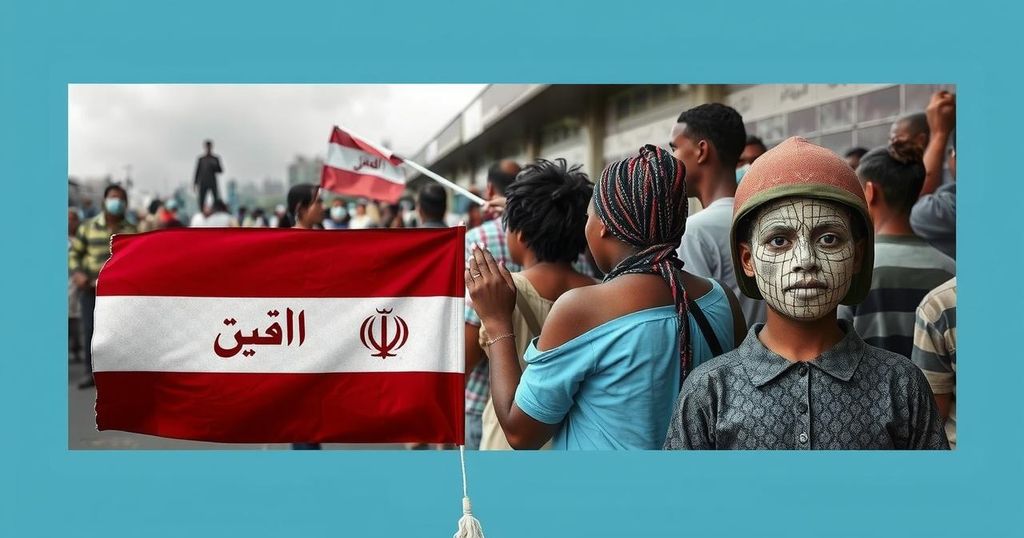The UN reports on the killing of Alawites in Syria, alarming execution rates in Iran, and recent human rights protections in the Central African Republic, reflecting a mix of urgent distress and hopeful legal advancements.
In recent updates from the United Nations Office of the High Commissioner for Human Rights (OHCHR), there are urgent calls for restraint in Syria following alarming reports of targeted killings within the Alawite community and other minority groups. UHCHR spokesperson Liz Throssell acknowledged the troubling reports and videos alleging that killings of Alawite men have been documented in cities such as Homs. She emphasized the need for all parties to adhere to international humanitarian laws, thereby protecting the rights of minorities.
In a related context, the situation in Iran has drawn international condemnation due to a significant increase in executions. Last year alone, Iran reportedly executed at least 901 individuals, including a peak of 40 in a single week in December. The UN High Commissioner for Human Rights, Volker Türk, expressed profound concern regarding this alarming trend and reiterated the incompatibility of the death penalty with fundamental human rights and the right to life. Many of those executed were charged with drug offenses, although a notable percentage were dissidents connected to protests following the death of Mahsa Amini in police custody.
Meanwhile, the Central African Republic has made strides in human rights advocacy by passing historic legislation aimed at enhancing the protection of human rights defenders. This new law promotes freedom of expression, assembly, and association, heralding a pivotal moment for civic space within the country. Independent expert Yao Agbetse hailed this development as a significant step towards recognizing and safeguarding those who dedicate their efforts to defending fundamental rights and contributing to the nation’s peace process.
Recent reports by the OHCHR highlight ongoing human rights issues across multiple regions, with particular emphasis on Syria, Iran, and the Central African Republic (CAR). In Syria, violence against minority groups, particularly the Alawites, has surged post-Assad regime, prompting the UN to address the necessity for accountability and minority rights protection. In Iran, the dramatic increase in executions reflects a broader crackdown on dissent, particularly against individuals involved with the protests following the death of Mahsa Amini. Conversely, CAR’s new legislation signifies a positive shift towards protecting human rights defenders, which is deemed crucial for democratic progress in the region.
The situation across Syria, Iran, and the Central African Republic presents a complex tableau of human rights challenges and advancements. In Syria, the targeting of minorities calls for immediate international attention and adherence to humanitarian principles. Conversely, Iran’s escalation in executing individuals showcases a severe deviation from fundamental human rights, urging global advocates to revisit their human rights policies. In contrast, CAR’s new law provides a beacon of hope for the protection of civil society, promoting a more respectful and just environment for human rights defenders.
Original Source: news.un.org






